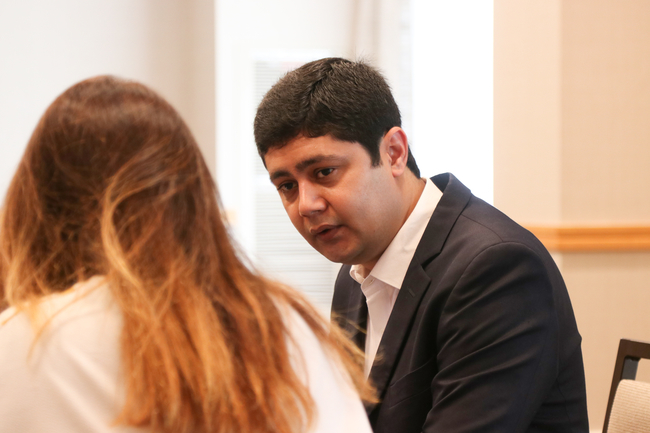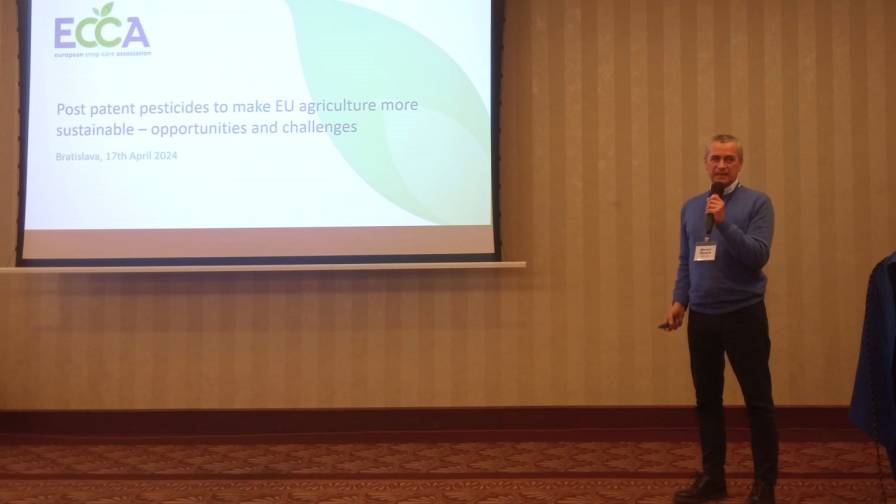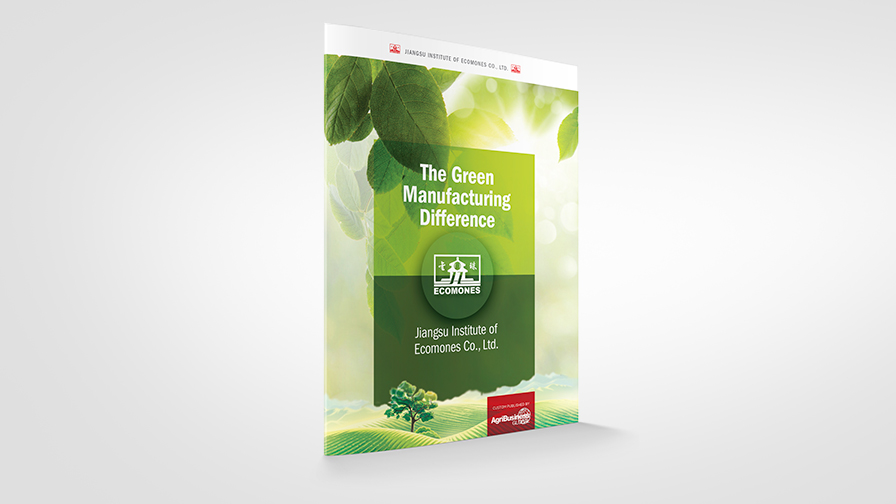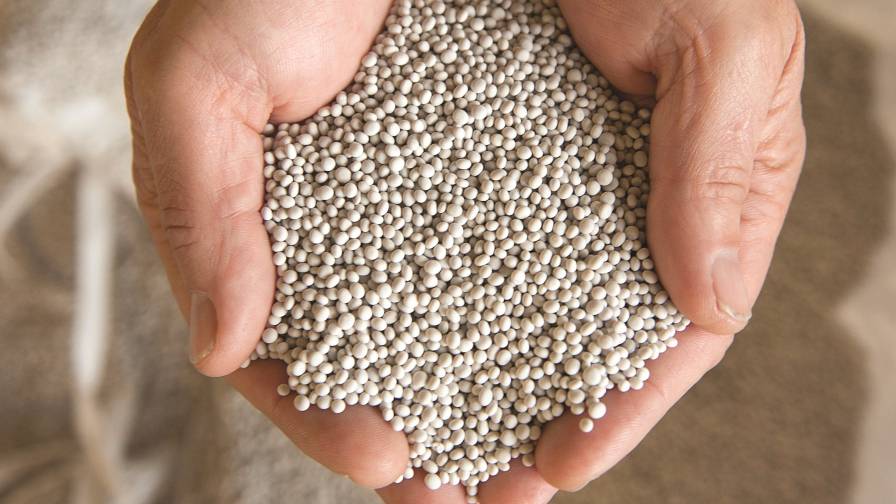A Unique Advantage for Anupam Rasayan India Ltd.
Editor’s Note: Keep a watch out for our full India Report in the September/October issue of AgriBusiness Global.
As China’s environmental crackdown continues to rattle the marketplace, the Gujarat-based Anupam Rasayan is working its status as a custom manufacturer that operates independently of Chinese materials to its maximum advantage.
Its multinational customers, most of which are located in the United States, Europe, and Japan, are signing contracts of three, five, or seven years with the company as they look to secure stable supply.

“If you are dependent on somebody else or China for the key intermediates, it definitely will be a difficult case … If you’re reliant within India, then you’re having a fantastic time.” – Ravi Desai
“The challenges for (industry) in India and across the globe are for those that are dependent upon China. In our case, of our total procurement, we import only two or three raw materials, and of those one or two come from Japan,” Ravi Desai, Head of Sales, said in an interview as the AgriBusiness Global Trade Summit came to its conclusion on Aug. 2.
“We are receiving many new projects where customers were buying from China and are now looking to buy from us with a long-term commitment. A lot of push has been coming from customers for building new sites for agrichemical actives,” he says.
In contrast to many other Indian manufacturers, exports represent 95% to 98% of the company’s business in key geographies like Europe, U.S., Japan, and China. It has seen around 80% growth in sales in China since 2015, and is now exporting product there totalling around 250 to 300 tons per month.
Currently, the company has three sites in Surat and one site in Jhagadia, and it will add two large-scale sites in the latter. One of the new sites is devoted to multi-purpose halogenation, where it has started doing continuous chlorination, bromination, and nitration. The second site will manufacture agchem actives and intermediates with global standards for custom manufacturing.
It is about to begin production on the first block of herbicides with a capacity of 6,000 to 8000 tons per year, and will add two more production blocks: one for fungicides and its intermediates with capacity of 6,000 to 7,000 tons per year, and a second block for intermediates with capacity of around 8,000 to 10,000 tons per year for custom manufacturing projects of AIs and intermediates. Once all six blocks are up and ready, combined capacity of the site will be around 30,000 to 40,000 tons per year.
“The key strength has been quality, technology, and chemistries,” Desai says. There are so many products that the industry has been manufacturing in batch mode, whereas Anupam has been able manufacture those products in continuous mode. This is an advantage in terms of cost, quality, safety, and focus on pollution control systems. Since 2012, all of Anupam’s sites have been zero-liquid discharge. “Not a single drop of water goes out of the site,” he says.
“Our focus is on sustainability, and building on large-scale sites with customer commitments. It’s paying off very well,” Desai says, adding: “Every company in India will have good business if you’re not dependent on China for the key intermediates. If you are dependent on somebody else or China, it definitely will be a difficult case. You will see heat coming on the bottom and top lines where it will be difficult to get the raw materials and not able to manage the situation. If you’re reliant within India, then you’re having a fantastic time.”
He says, “We have to be very selective on new products, projects and proposals, and the key is focusing on sustainability.”






